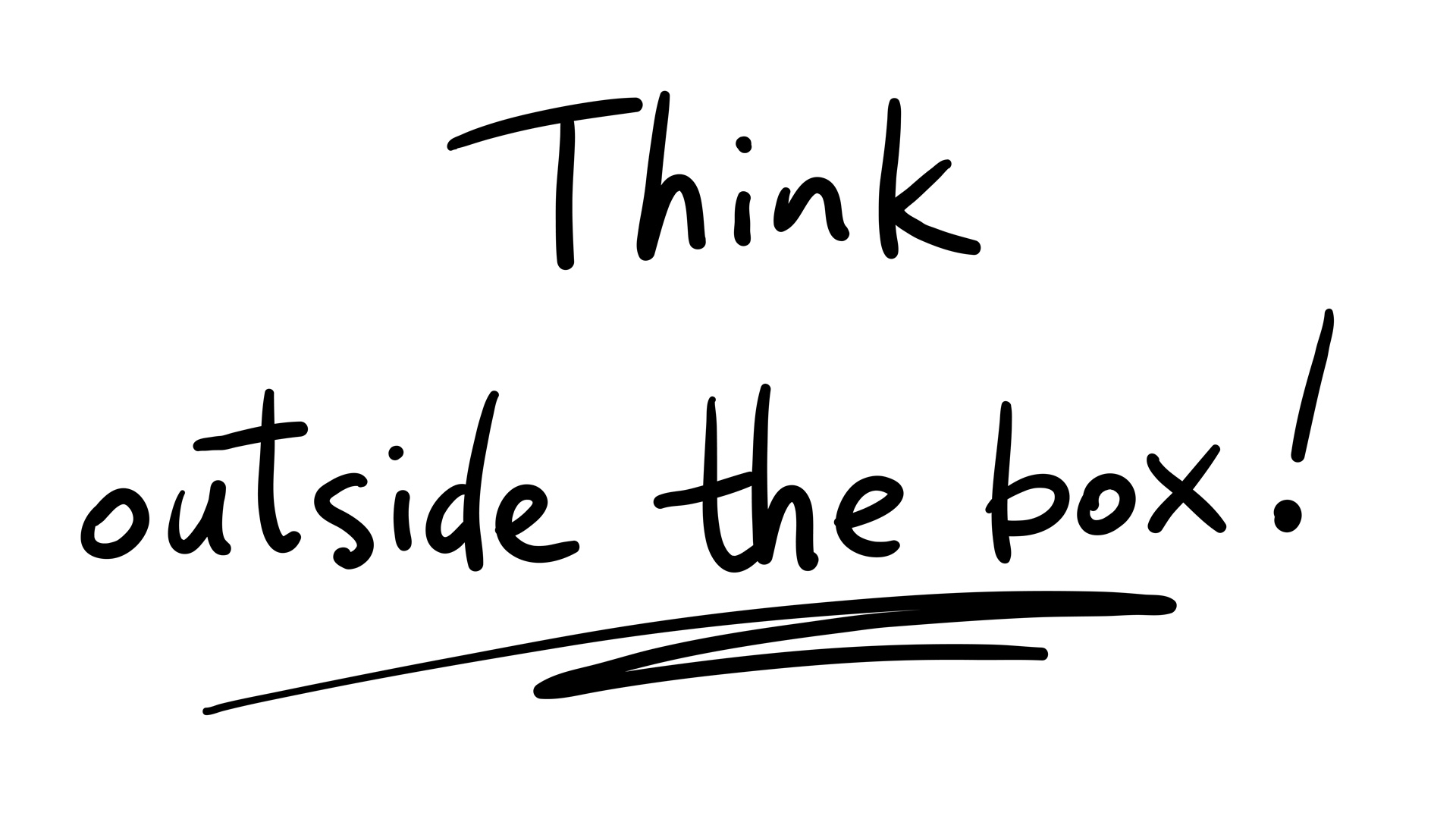
CBT is an evidence-based, goal-oriented treatment designed to help individuals understand how the way they think about a specific situation affects the way they feel and consequently the way they behave. CBT focuses on identifying triggers that prompt negative thoughts, rigid self and world views, and unhelpful thinking patterns. The therapist and the client work together to challenge unhelpful thinking patterns and create new balanced ones that in turn feed back to feeling less distress and encourage healthy behaviour.
CBT helps individuals to develop healthy copies strategies and skills to address specific issues and find healthier solutions to emotional and behavioural problems. Depending on the individual and their specific psychological needs, CBT uses a range of techniques such as challenging negative thoughts, eliminating negative self-talk, eradicating unhelpful behavioural patterns, exposure experiments, and more.
For example, if you think ‘others do not like me’ (negative thought), you might feel anxious and low (feeling) and avoid meeting new people or attending social occasions (behaviour). Avoiding meeting new people and attending social occasions can in turn increase anxiety and negative thoughts. A vicious circle of negative thoughts – anxiety/low mood – withdrawal can be consolidated that will lead to further psychological distress.
CBT is effective for anxiety disorders (for example panic disorder, health anxiety, generalised anxiety disorder, obsessive compulsive disorder), work-related stress, depression, pain and anger management. It can also be helpful with eating and sleeping difficulties.
CBT is mainly focused on practically solution to emotional distress and is often a short-term intervention varying from 6 weeks to 6 months.
Dr Maria Pournara, Chartered Psychologist, has considerable experience in offering CBT online. If you would like to know more or schedule a session.